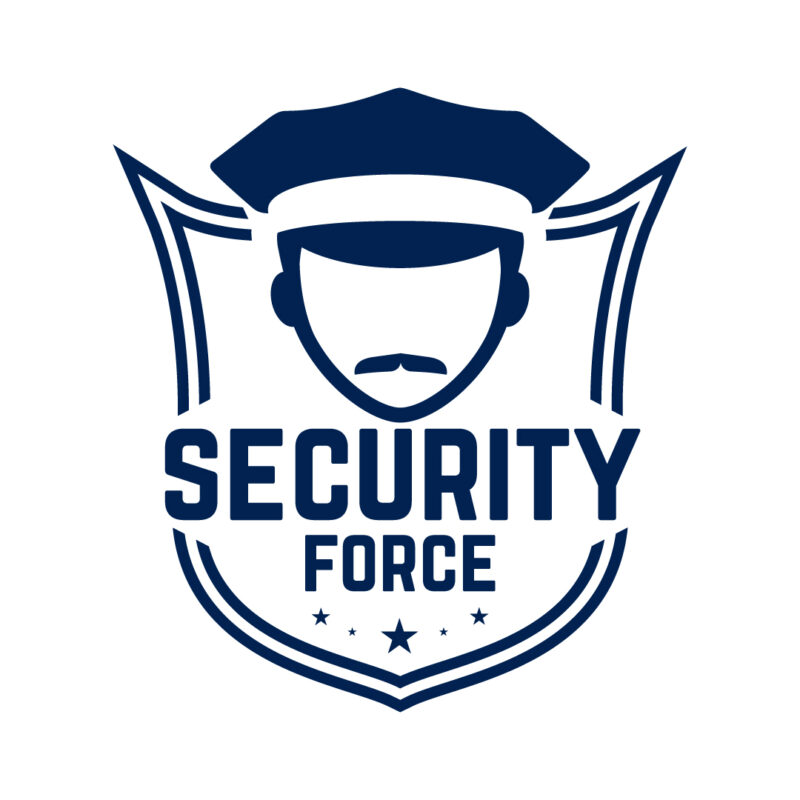The security industry is experiencing a massive shift as Artificial Intelligence (AI) and automation reshape the way security operations are managed. From improving efficiency to reducing risks and ensuring seamless communication, these cutting-edge technologies are becoming indispensable for security agencies aiming to stay competitive and proactive in an ever-evolving world.
This blog will explore the transformative power of AI and automation in the security industry, delve into specific use cases like night patrolling and route management, and explain how platforms like Security Force are leading the charge in this revolution.
1. The Need for Transformation in the Security Industry
The traditional security industry has always relied heavily on human resources and manual processes, which often lead to inefficiencies, errors, and increased operational costs. The growing complexity of modern security challenges—ranging from managing large teams to monitoring real-time threats—has made it clear that the industry must embrace technological advancements.
AI and automation provide solutions that enhance operational efficiency, improve response times, and ensure comprehensive oversight. The benefits are evident in every aspect of security management, from surveillance and reporting to workforce and route management.
2. AI in Security: From Surveillance to Proactive Threat Detection
One of the most well-known uses of artificial intelligence in security is monitoring and threat identification. AI-powered systems scan live video feeds, detect odd activity, and even forecast future attacks.
- Smart Surveillance Systems: AI cameras can identify suspicious behavior, doing nothing, or unauthorized access in real-time, sending instant alerts to security teams.
- Facial Recognition: Security firms can use AI to recognize faces and track individuals, ensuring only authorized personnel gain access to sensitive areas.
- Behavioral Analysis: AI can analyze patterns of movement and activity, identifying potential risks before they escalate.
These capabilities allow security teams to respond faster and more effectively, minimizing risks and ensuring the safety of people and property.
3. Automation in Reporting and Incident Management
Manual reporting has long been a bottleneck for the security industry. Automation has simplified this process, offering tools that provide real-time, accurate reporting with minimal human participation.
- Automated Incident Reporting: Security teams can now log incidents with multimedia attachments, such as images or videos, ensuring detailed documentation.
- Real-Time Sharing: Reports are instantly shared with relevant stakeholders, enabling quicker responses.
- Centralized Data Management: Automated tools store all data securely in a centralized system, making it easy to retrieve and analyze historical records.
With automation, security firms can eliminate paperwork, reduce errors, and ensure incidents are handled promptly and efficiently.
4. How AI and Automation Enhance Night Patrolling
Night patrolling is one of the most challenging yet crucial aspects of security operations. AI and automation are proving to be game-changers in this domain by offering innovative solutions for planning and execution.
- Optimal Route Suggestions: AI-powered tools analyze factors such as patrol history, location vulnerabilities, and real-time data to suggest the best patrol routes. This ensures guards cover the most critical areas while optimizing time and resources.
- Route Collision Management: Field officer routes are managed intelligently to prevent overlaps and ensure seamless coverage across all zones. This eliminates confusion and boosts overall efficiency.
- Route Randomization: AI introduces route randomization, shuffling patrol routes for security officers. This ensures no predictable patterns are established, reducing the likelihood of security breaches and keeping potential threats on edge.
By incorporating AI into night patrolling, security firms can ensure thorough coverage, prevent inefficiencies, and maintain a higher level of vigilance.
5. Workforce and Shift Management with Automation
Managing a large team of security guards is a daunting task. Automation simplifies this process by offering smart workforce and shift management solutions.
- Smart Shift Scheduling: Automated tools ensure shifts are scheduled without overlaps or gaps, guaranteeing consistent coverage.
- Dynamic Adjustments: Real-time adjustments can be made based on emergencies or unexpected absences.
- Attendance and Performance Tracking: Automation tools monitor guard attendance and performance, ensuring accountability.
This ensures seamless operations, reduces the workload of managers, and improves employee satisfaction.
6. Enhanced Decision-Making with Data Analytics
AI and automation bring powerful data analytics capabilities to the security industry. These tools analyze vast amounts of data to provide actionable insights and improve decision-making.
- Trend Analysis: AI identifies patterns in incidents, helping firms predict and prepare for potential risks.
- Performance Metrics: Analytics tools evaluate the performance of individual guards and overall operations, highlighting areas for improvement.
- Resource Optimization: Data-driven insights help firms allocate resources effectively, reducing costs while maintaining high levels of security.
With advanced analytics, security agencies can stay ahead of threats, optimize their processes, and deliver better outcomes for their clients.
7. The Role of AI in Communication and Collaboration
In a field where time-sensitive communication is crucial, AI and automation have introduced tools that ensure teams stay connected and informed.
- Secure Messaging Platforms: In-app messaging tools powered by AI allow for real-time communication between teams, ensuring critical information is shared instantly.
- Incident Updates: Teams can receive automated alerts about incidents, patrol status, or system changes.
- Collaboration Tools: Automation ensures seamless coordination between team members, supervisors, and clients.
These tools foster better collaboration and enable faster responses during critical situations.
How Security Force Is Transforming the Security Industry
At the forefront of this technological revolution is Security Force, an all-in-one security management platform designed to harness the power of AI and automation. Here’s how Security Force helps security firms transform their operations:
- Real-Time GPS Tracking: Monitor guard movements and ensure patrols are executed efficiently.
- Automated Reporting: Eliminate manual errors with real-time, multimedia-enabled incident reporting.
- AI-Powered Route Optimization: Suggests the best patrol routes, prevents route collisions, and randomizes routes for enhanced security.
- Smart Shift Scheduling: Streamline workforce management and ensure consistent coverage without overlaps.
- Advanced Analytics: Gain valuable insights into performance, trends, and operational efficiency.
- Secure Communication Tools: Keep your team connected with in-app messaging and real-time updates.
With Security Force, security firms can embrace the future of security management, leveraging AI and automation to overcome challenges, improve efficiency, and deliver exceptional service.
Conclusion
AI and automation are not just transforming the security industry—they are shaping its future. From smarter surveillance and optimized patrol routes to automated reporting and advanced analytics, these technologies are empowering security firms to deliver safer, more efficient, and more reliable services.
If you’re ready to revolutionize your security operations, look no further than Security Force. Join the growing number of firms leveraging AI and automation to transform the way they manage security.




